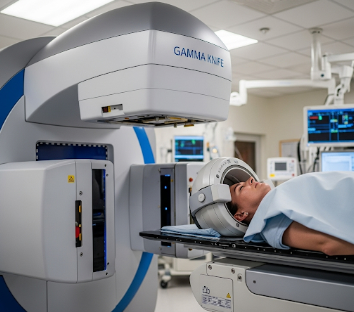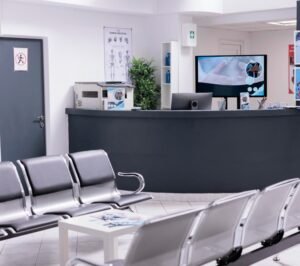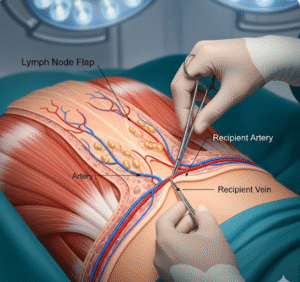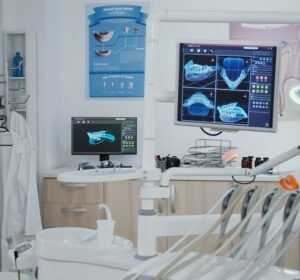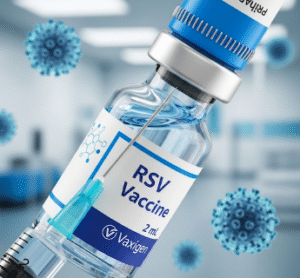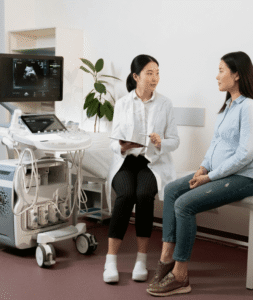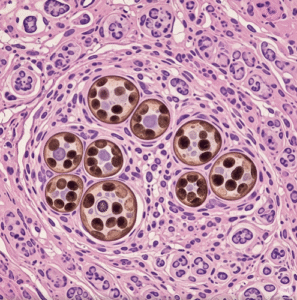Overview
Gamma Knife Surgery is a highly advanced form of stereotactic radiosurgery (SRS) used to treat brain disorders such as tumors, vascular malformations, and neurological conditions without traditional open surgery. Despite the name, it is not an actual surgical procedure involving knives. Instead, it uses focused beams of gamma radiation to target and destroy abnormal tissues with extreme precision, leaving surrounding healthy tissues unharmed.
South Korea is considered one of the world leaders in Gamma Knife Surgery, with state-of-the-art hospitals, advanced imaging technologies, and globally recognized neurosurgeons. The treatment has become a preferred option for patients seeking minimally invasive, safe, and effective brain therapy.
What is Gamma Knife Surgery?
Gamma Knife Surgery is a non-invasive brain treatment that delivers a highly concentrated dose of radiation to a targeted area inside the brain. Unlike traditional brain surgery, no incision, scalpels, or general anesthesia are required.
It is especially useful for conditions such as:
- Brain tumors (both malignant and benign)
- Arteriovenous malformations (AVMs)
- Trigeminal neuralgia (chronic facial pain)
- Acoustic neuromas
- Pituitary tumors
- Certain movement disorders and epilepsy
The precision of the Gamma Knife allows doctors to treat delicate structures deep inside the brain that would otherwise be difficult or dangerous to reach with open surgery.
What are the benefits?
Gamma Knife Surgery offers multiple advantages over conventional surgery:
- No incision required → Reduces the risk of infection and bleeding.
- Outpatient or short hospital stay → Many patients go home the same day.
- Minimal pain and discomfort → No open wound, sutures, or general anesthesia.
- Faster recovery → Patients usually return to normal activities within a day or two.
- High precision → Targets abnormal tissue while sparing healthy brain structures.
- Effective outcomes → Proven success rates for tumors, AVMs, and neuralgia.
- Lower cost compared to Western countries → Korean hospitals provide world-class treatment at competitive prices.
Procedure Details
1) How should I prepare for Gamma Knife Surgery?
Preparation for Gamma Knife Surgery is straightforward but important:
- Medical Evaluation: Imaging tests such as MRI or CT scans are performed to locate the lesion accurately.
- Medication Instructions: Patients may need to stop certain medications (e.g., blood thinners) before the procedure.
- Fasting: Depending on the hospital’s protocol, fasting for a few hours before the procedure may be required.
- Comfortable clothing: Since it is a non-invasive treatment, hospital gowns are usually provided.
- Support system: Arrange for a family member or friend to accompany you for assistance after the procedure.
2) What happens during the procedure Gamma Knife Surgery?
The treatment is performed in several steps:
- Head frame or mask placement: A lightweight head frame or a customized mask is fixed to the patient’s head to ensure stability during radiation delivery.
- Imaging: MRI, CT, or angiography scans are taken to precisely map the target area.
- Treatment planning: Advanced computer software calculates the exact angles and doses of gamma rays.
- Radiation delivery: The patient lies on a treatment couch, and more than 190 beams of gamma radiation converge on the target. While each individual beam is weak and harmless, together they create a strong therapeutic effect on the abnormal tissue.
- Painless process: The patient does not feel the radiation. The session typically lasts 30 minutes to 2 hours, depending on the size and complexity of the target.
3) What happens after a Gamma Knife Surgery?
- Immediate recovery: Patients are usually monitored for a few hours in the recovery area.
- Discharge: Most patients are discharged the same day or the next morning.
- Post-treatment effects: Some patients may experience mild headache, nausea, or scalp discomfort, which usually resolve quickly.
- Follow-up scans: Imaging is scheduled after weeks or months to evaluate treatment success.
- Return to activities: Patients can typically resume normal activities within 24–48 hours.
Risks / Benefits
Risks
Although Gamma Knife Surgery is considered very safe, potential risks include:
- ➤ Temporary headaches or nausea
- ➤ Swelling in the brain (may require medication)
- ➤ Hair loss near the treatment area (rare)
- ➤ Radiation-related side effects if surrounding tissue is affected
- ➤ Delayed response: Effects of radiation may take weeks to months to appear
Benefits
- ➤ Non-invasive alternative to brain surgery
- ➤ Reduced hospital stay and recovery time
- ➤ Excellent success rates for tumors and neuralgia
- ➤ Repeatable: Can be performed again if necessary
- ➤ Safer option for elderly or high-risk patients
Recovery and Outlook
Recovery from Gamma Knife Surgery is quick and smooth compared to open brain surgery. Most patients return to normal activities within 1–2 days.
- Short-term outlook: Symptoms may improve within days to weeks, depending on the condition.
- Long-term outlook: Tumors may shrink over months, neuralgia pain may disappear, and AVMs may gradually close off.
- Follow-up: Patients will need regular MRI/CT scans to monitor progress.
In Korea, outcomes are particularly positive because of the advanced imaging technology, precise planning systems, and experienced neurosurgeons.
When To Call the Doctor
Patients should immediately contact their doctor if they experience:
- ⚠️ Persistent or severe headache
- ⚠️ Sudden vision or speech problems
- ⚠️ Seizures or loss of consciousness
- ⚠️ Severe nausea or vomiting
- ⚠️ New neurological symptoms (e.g., weakness, balance issues)
Best Korea Option / Process
South Korea is widely recognized for its excellence in Gamma Knife Surgery. The reasons include:
- Cutting-edge technology: Hospitals in Korea use the latest Gamma Knife ICON and Perfexion systems, which allow frameless and mask-based treatments for higher comfort.
- World-class neurosurgeons: Korean specialists are internationally trained with vast experience in radiosurgery.
- Affordable treatment: Costs are significantly lower compared to the US, Japan, or Europe, making it attractive for international patients.
- Comprehensive care: Multidisciplinary teams (neurosurgeons, oncologists, radiologists) ensure a personalized treatment plan.
- Top hospitals: Leading Korean hospitals such as Seoul National University Hospital, Asan Medical Center, and Samsung Medical Center are among the best in Asia for neurosurgery and radiosurgery.
For international patients, Korea offers advanced brain care with excellent success rates, faster recovery, and cost-effectiveness, making it a top destination for Gamma Knife Surgery worldwide.

